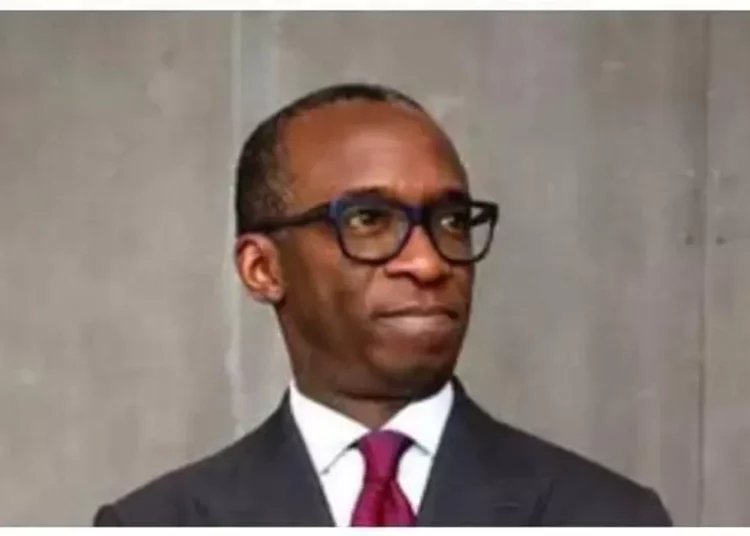The federal government has taken significant steps to mobilise support for the Nigerian candidate for the United Nations principal judicial organ, the International Court of Justice (ICJ) election, Dr. Taoheed Elias, stressing that it is a defining moment for Nigeria, Africa and global rule of law.
Nigeria’s Minister of Foreign Affairs, Amb. Yusuf Tuggar, announced Dr Taoheed Elias as Nigeria’s candidate on Thursday in Abuja during his presentation to the Diplomatic Community in Nigeria for the World Court election in November in The Hague, Netherlands.
Established in 1945, following the end of World War 2, The ICJ is the highest court for resolving disputes between sovereign states, and it has since remained the principal court of the United Nations and has handled so many disputes in recent years.
If elected, Elias will follow the footsteps of his father Taslim Elias, Charles Onyeama and Bola Ajibola, who had served at the ICJ.
The minister described the Nigerian international lawyer, currently serving as ad hoc judge at the ICJ, as a “respected figure in international law with a distinguished record of legal scholarship.”
He said “on behalf of the Government of the Federal Republic of Nigeria, I am honoured to announce the nomination of Dr Taoheed Elias as Nigeria’s candidate for election to the ICJ.
“The Federal Government has officially nominated Elias as the country’s candidate for election to the ICJ, also known as the World Court.
“Elias’ candidacy reaffirms the country’s long-standing belief that law, not power, should govern international relations.
“This announcement marks Nigeria’s strongest diplomatic bid in over three decades to reclaim a seat in the ICJ bench.”
Nigeria last occupied the position when the late Justice Bola Ajibola served until 1994.
Tuggar said further that “Elias is a jurist of learning, integrity and vision, a man whose scholarship and service reflect Africa’s enduring contributions to international law.
“The nomination of Elias represents not just Nigeria’s interest, but the entire ECOWAS subregion that has had no representation at the ICJ since Judge Abdul Koroma of Sierra Leone in 2011.
“This long silence must end, the ICJ must reflect equitable geographical representation. Africa’s voice must renew its move in shaping the international legal order.”
Also speaking, the Nigerian candidate highlighted his eligibility for the apex seat in the ICJ based on his intellectual record, built over decades of teaching, scholarship and research in international law.
He said “this is not merely a Nigerian candidacy, it is a reaffirmation of Africa’s legal intellect, independence and commitment to global justice.”
The renowned jurist is a member of the Institut de Droit International who served as legal adviser and director at the Organisation for the Prohibition of Chemical Weapons in The Hague.
He is the president of the administrative tribunal of the OPEC Fund for International Development, chairman of the Islamic Development Bank administrative tribunal and former president and member of the OPEC appeals committee.





